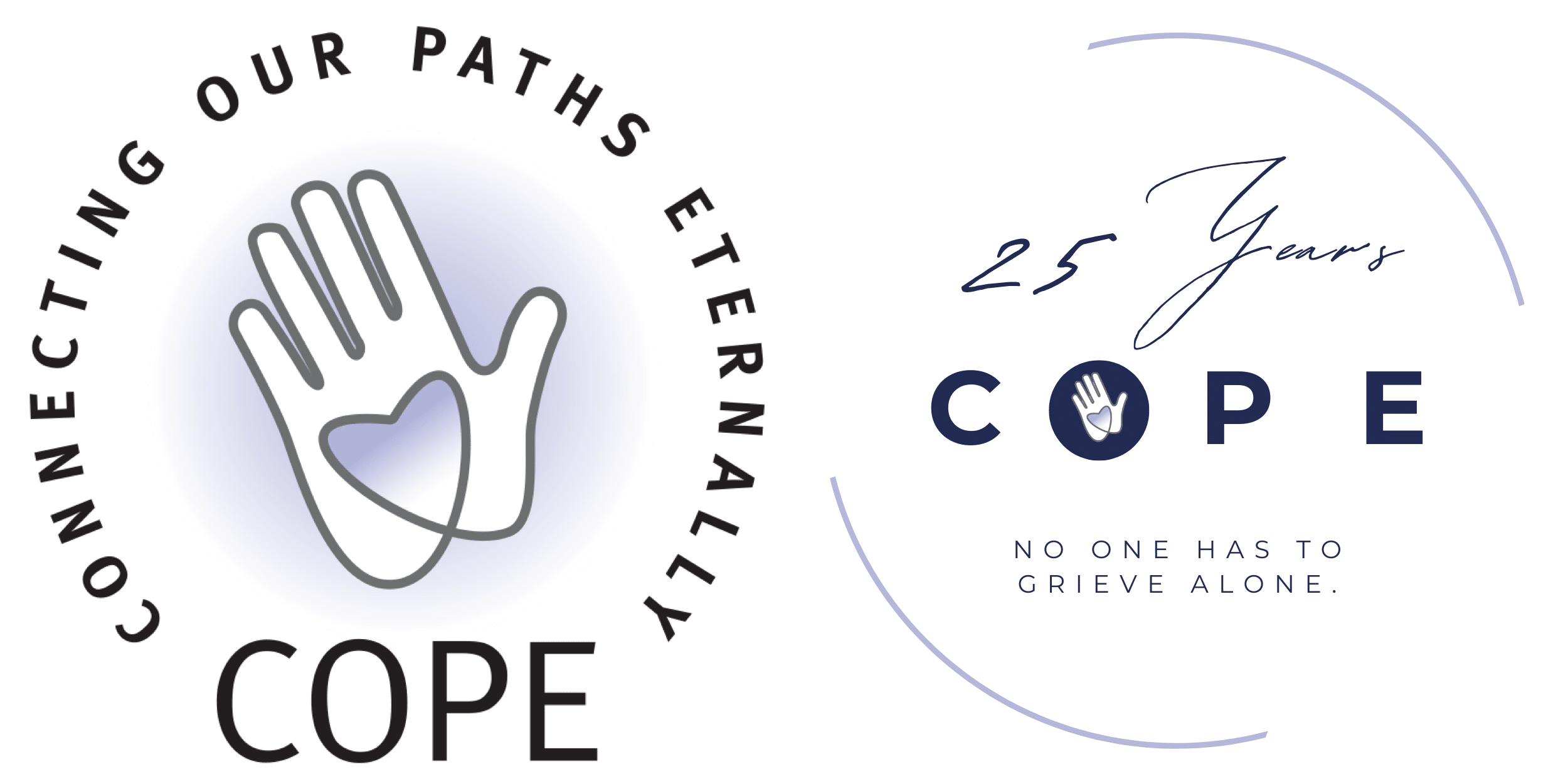Grief is grief. We all mourn our losses. How we mourn, however, is shaped by many factors. Religious and cultural practices shape our beliefs and rituals around loss, often giving mourners signposts when we feel so lost. Our own temperament and emotional skills make our journey unique as well—do we feel we need to be strong for others, do we tend to need to disconnect in order to move forward, are we comfortable asking for help or offering it to others?
But our relationship to the one we have lost also creates our journey.
COPE supports parents and families who have lost a child and that means we see siblings as well. Like other mental health professionals, I found myself working with many communities in the aftermath of 9/11. That is where I heard about “the forgotten mourners,” for that is how adult siblings talked about themselves. Bereaved parents, spouses and children were the family members who showed up in groups, and activities, and in advocacy groups. But siblings often felt that their grief, their loss, was less visible than those of other family members.
Who knows our weaknesses and foibles better than our siblings? Who knows more about how we conspired to not tell parents about a job lost, a relationship ended, or a school detention, than a sibling? Who lives more intimately with jealousy, competition and extraordinary love and support than siblings who shared a room, or school bus, or the same school? Younger siblings have never had a day of life without this older presence, twins have such a complicated loss, and the sorrow of losing a younger sibling, who may have not had a chance to fulfill dreams, can become a lifetime companion. In the interrupted process of sibling loss, the bickering of teens, or the distance of young adults who build their own lives, can never be rewritten. The inequality of older siblings and their younger brothers and sisters never gets a chance to be righted. The dream of healing the tensions of troubled children can never come true.
Siblings also navigate the needs of other bereaved family members. One man, in a COPE sibling support group, said he worried about his parents, describing their grief as being “so thick” that he could not even really talk to them about his feelings or theirs. Siblings can find themselves having to become private about their grief to protect their parents.
COPE has support groups for sibling loss. If that sounds like you, give us a call or go to our website, www.copefoundation.org.

